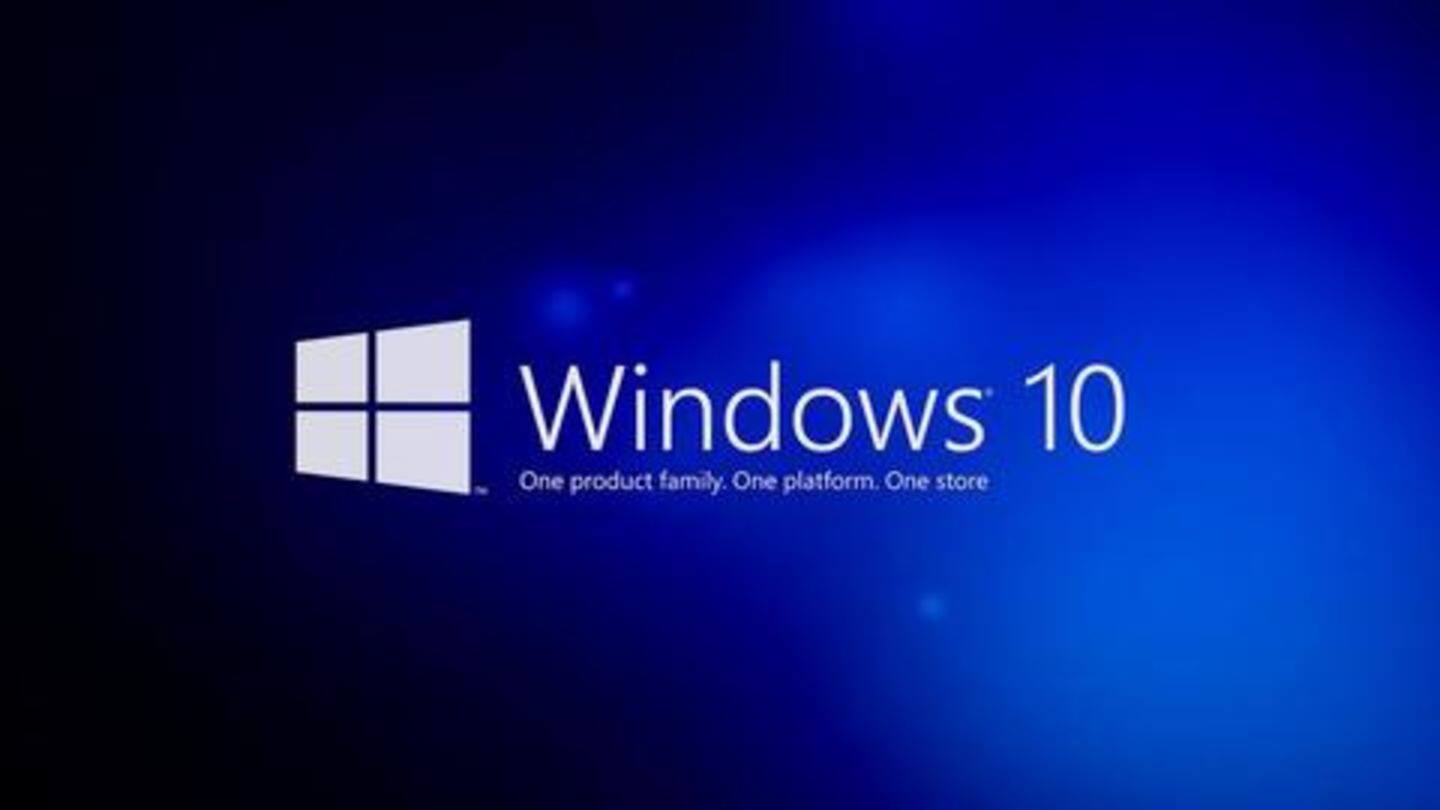
Microsoft tracks Windows 10 activity even when users opt out
What's the story
Windows 10 is known to share users' activity data (like apps or websites you have opened) with Microsoft. The practice is similar to that followed by Google, but just recently, several users found that the OS is syncing this information even when they're choosing not to. The revelation has led to serious concerns, but there might an explanation for all this. Here's more.
Issue
Turning activity sharing off, clearing history doesn't work
Windows 10's privacy settings carry an option called 'Activity History' to let users choose whether or not they want to share their activity on Microsoft's servers. However, multiple users reported on Reddit that opting out of this setting and even clearing previously recorded activity logs from the same setting doesn't change anything. The information continues to exist online on Microsoft's web-based 'Privacy dashboard'.
Information
We were able to verify the problem
We were able to verify the issue as the information from our Windows 10 machine (apps opened et al) continued to exist on Microsoft's cloud-based Privacy Dashboard, even when we had disabled the option and deleted the activity history on the connected PC.
Reason
So, why is this happening?
The issue seems to be Microsoft's poor naming and setting placement strategy. According to How To Geek, the company collects activity history data via Windows 10's diagnostics, but that particular feature is controlled from a completely different setting altogether. This means that the 'Activity History' setting is a part of 'Diagnostics & feedback' setting, positioned right above it.
Details
So, how to stop activity syncing?
Having said that, in order to prevent Windows 10 from syncing any more data, head over to 'Diagnostics & feedback' and switch the 'Diagnostic data' option to 'Basic'. This way, Windows would only share settings and performance report of your PC with Microsoft, instead of information "about websites you browse and how you use apps and features".
Fix needed
Either way, Microsoft should take care of this
Despite being clarified, the issue has raised major concerns, especially about Microsoft's data collection practices. Essentially, with a problem like this, Windows 10 users could easily be misled into thinking that their information is not being shared - when exactly opposite is happening. Microsoft has not commented on the matter, but it should fix settings to make data collection and sharing clearer.